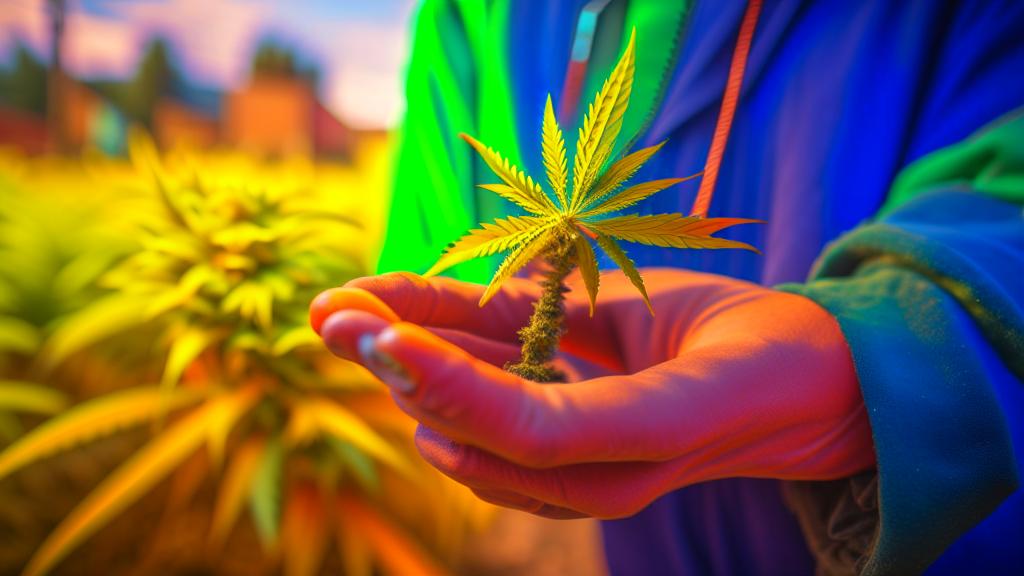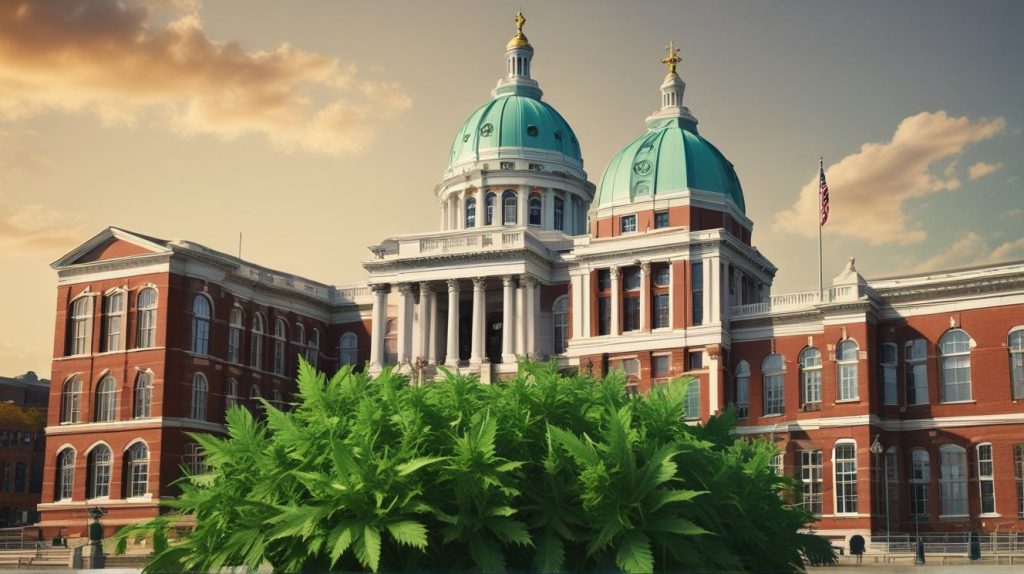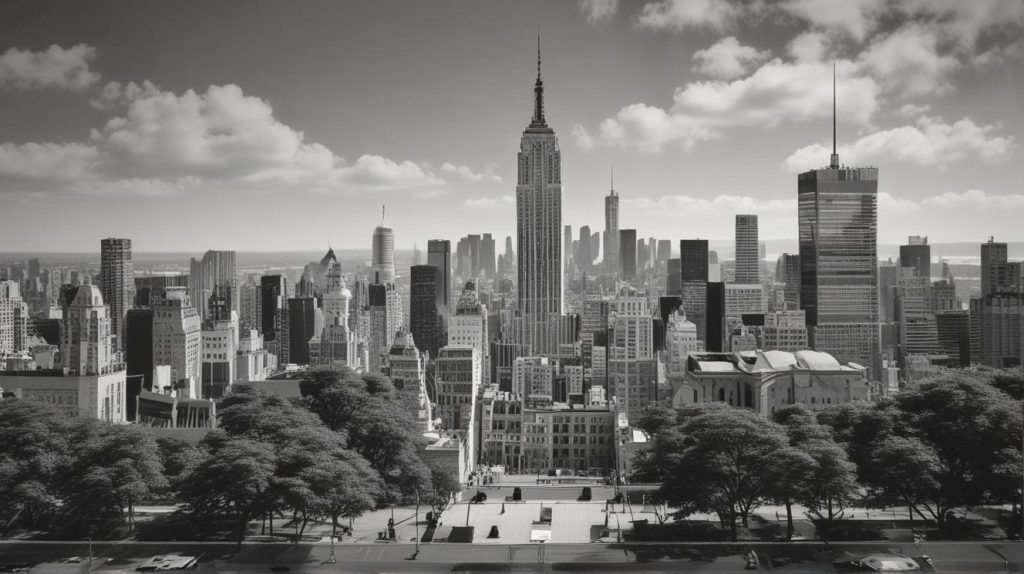We’re hitting up Morocco, where they’ve gone from a total drug ban to partially tolerating the green goddess. Yeah, that’s right, they’re legalizing weed.
For centuries, this country’s been a center for illicit production, with folks growing cannabis illegally, tucked away in hidden corners. But now, they’re bringing it into the light, stepping into the legal market. It’s been a minute since they lifted the total ban, and it’s wild to think how far they’ve come. From outlaws to pioneers, they’re making waves, transforming their reputation, and turning over a new leaf.
We’re talking about the legal production of cannabis, taking what was once hidden and making it legit.
Possible future of cannabis legalization in Morocco
In 2021, Morocco’s parliament said ‘yes’ to using cannabis for medical, cosmetic, and industrial purposes.
The Manufacture Process
Let’s dive deeper into the nitty-gritty of Morocco legalizing weed, explicitly focusing on production in the Rif.
This country has been on the down-low for centuries, growing the green stuff under the radar. But now, they’re stepping into the spotlight, saying, ‘We’re here, and we’re doing it right.’ Morocco is stepping up to the plate, ready to challenge Afghanistan as the top dog in the cannabis world.
This is no small-time operation; no, they’re going all out. And why not? They’ve got the land, the knowledge, and the demand. Why keep it hidden when you can make it legit, right?
Once notorious for its illicit activities, the Rif region is now becoming known for something entirely different. It’s like the underdog rising to the top, shaking off the shadows and stepping into the sunlight.
The Great Green Debate
The talk about industrial cannabis legalization in Morocco has been hotter than a joint at a reggae concert. It’s been a seesaw of opinions, with folks throwing their two cents into the ring on both sides.
On one side, you have those pushing for the green light, saying it’s high time (pun intended) that we embrace the potential benefits of industrial cannabis. They’re talking jobs; the economy boosts the whole shebang. Conversely, some are more cautious and concerned about the potential pitfalls and how they might affect the social fabric.
But here’s the thing: the debate is about more than just getting high. It’s about recognizing the potential of this plant and what it could mean for Morocco’s future. And let me tell you, it’s a debate worth having.
Expect Some Pushback
Now, when I say, ‘There will be resistance,’ I’m not just speaking metaphorically. We’re talking real, tangible pushback against the move towards a legal market.
You see, Morocco isn’t just about sun-kissed beaches and vibrant markets. It’s a country of contrasts, where tradition and modernity often clash. And when it comes to cannabis, well, the divide is even more pronounced.
On one side, you’ve got those cheering on the move towards legalization, seeing it as a step forward, a chance to tap into a burgeoning market and boost the economy. On the other side – or should I say, sur l’autre appareil – some aren’t quite ready to embrace the change.
They’re worried about what it could mean for their society, for their way of life. They’re concerned that legalizing weed could open the floodgates, increasing usage and potential societal issues.
But here’s the thing: Change isn’t always easy, but necessary. And Morocco, well, they’re navigating these choppy waters, trying to balance progress and tradition.
So whether you’re for or against the move towards legalization, one thing’s for sure: Morocco’s journey with cannabis is one hell of a ride. And I, for one, can’t wait to see where it leads.
Rolling Back the Years
In the early days. Cannabis production in Morocco was all hush-hush, a secret whispered only in the shadows. But even then, Morocco had a rep for producing some of the finest green in the land. It was like their little secret, a hidden gem known only to a select few.
High Times and Tourism
Now, let’s talk tourism. Picture this: You’re chilling at the Spanish Mosque, soaking up the vibes, and you catch a whiff of that familiar scent. That’s right, cannabis is becoming part of the Moroccan experience.
The Green Wave’s Financial Fallout
While the idea of Morocco legalizing weed might sound like a stoner’s dream come true, it isn’t all rosy. I’m talking about the financial fallout from this green wave.
Don’t get me wrong, I’m all for the freedom to light up. But the truth is, the legal production of cannabis ain’t just about rolling one up and mellowing out. It’s a complex issue that cuts deep into the fabric of our society, and it’s got some severe implications for the legal market.
There’s been talk that the pharmaceutical industry could take a severe hit if more countries start producing cannabis. We’re talking billions in losses.
But hold up, it is not all doom and gloom. Conversely, legalization could also lead to reduced social inequalities and even a decline in use.
And let’s remember the potential economic benefits.
But here’s the kicker: For every dollar gained in tax revenue, there are costs related to the healthcare system and other issues to consider.
Bottom line? Legalizing weed isn’t just about freedom and fun. It’s a multilayered issue with far-reaching implications.
Does Morocco have a Medical Marijuana Initiative?
They’re stepping up their game with medical cannabis products. Yep, you heard that right. This isn’t just about getting high; it’s about healing, industry, and innovation.
Is Farming Cannabis Lawful in Morocco?
They’ve been sowing seeds of change, making it legal to grow cannabis. Sure, there’s been some hiccups along the way, but they’re moving forward, turning a once forbidden leaf into a cash crop. It’s not just about getting high anymore; it’s about going high – on progress, medical breakthroughs, and economic upliftment.
Conclusion:
Two years after the enactment of Morocco’s cannabis law, legal cultivation has begun, but farmers in the Rif region remain uncertain about its implications. Despite legalization efforts, many farmers are still seeking clarity on regulations and support to transition from illegal to legal cannabis farming.




